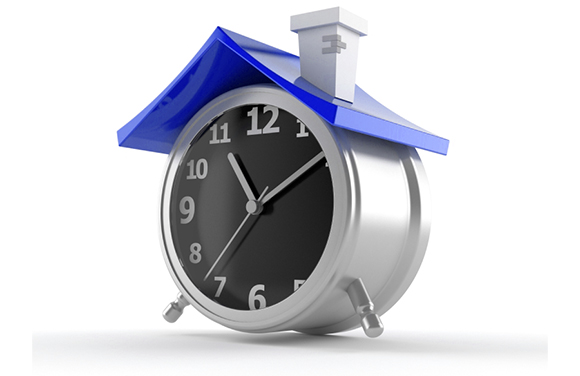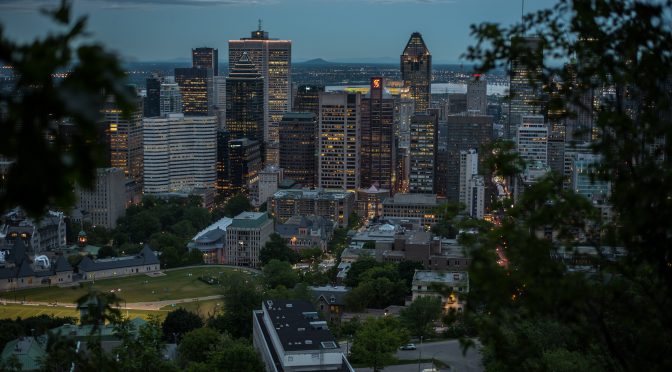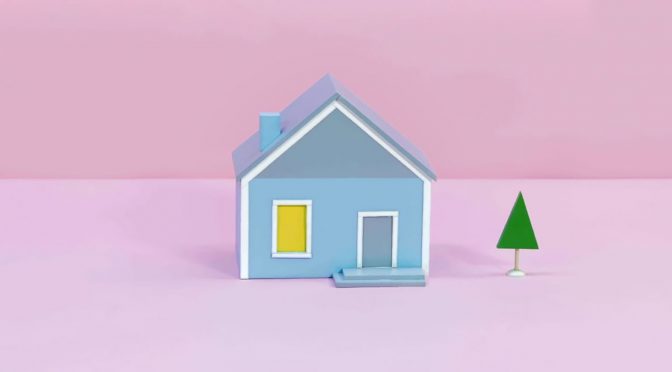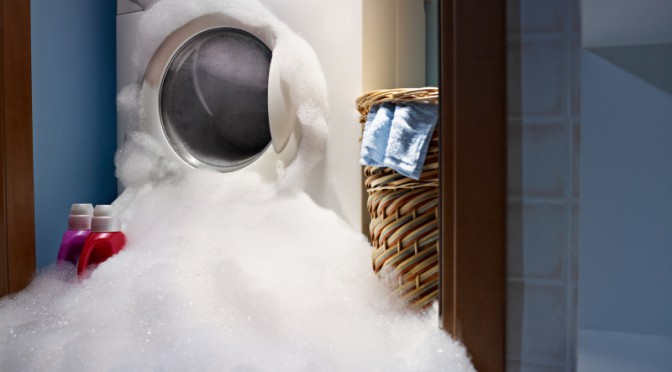Real estate prices in Quebec soared in 2019. This upward trend should continue in 2020, but may start losing steam.[……]
Tag Archives: financing
If you’re ready to purchase your first home but you need a bit more money for the down payment, the Home Buyers’ Plan (HBP) allows you to withdraw money from your RRSP to finance the purchase of your first home.
Here’s what you need to know to take advantage of the HBP.[……]
Retiring and want to relocate?
Consider these 3 pros and cons.
While nearly half of Canadian homeowners don’t plan to sell their homes when they retire, many are still unsure what they’ll do. Moving to a new city or downsizing to a more compact home can offer advantages but, depending on your goals, a few disadvantages as well. If you’re thinking about a post-retirement move, consider these pros and cons before you start packing:
When you relocate to a new city or property…
- PRO: Save money on daily expenses: If you relocate to a less expensive area, you’ll be able to stretch your retirement savings further. Consider the benefits of a suburb vs. city, and look to exotic areas that provide a lower cost of living. Need a little inspiration? Mexico, Panama, and Costa Rica are popular post-retirement spots for Canadians. Or, look to Buenos Aires, Argentina, where you can rent a one-bedroom apartment (in a good area!) for as little as $400 a month.
- CON: Spend money on moving costs: Even if you’re exchanging your current digs for a less expensive property, moving isn’t cheap — real estate agent expenses, land transfer tax and moving costs can dissolve a big chunk of money. In Toronto, for example, land transfer costs, legal fees and moving expenses alone could be $15,000 or more. Plus, you’ll have to consider the cost of traveling to visit family, but if you pick a tropical locale, Canadian relatives may be more likely to come to you.
[……]
The Registered Retirement Savings Plan (RRSP) and the Tax-Free Savings Account (TFSA) are two savings products that each have their own objectives and[……]
Start preparing a safety net for unexpected expenses.
Life happens.
Your washing machine breaks. You have a leaky roof. You lose your job. Your child gets sick.
No matter how well you plan, you simply can’t predict if and when unexpected expenses are going to arise — and inevitably they will. Your pay cheque may only go so far towards covering costs, and you’ll want to avoid going into debt or dipping into your retirement or long-term savings.
So what can you do to prepare?
Start saving now.
Open a separate savings account for emergencies, and get into the habit of depositing a weekly or monthly amount, even if it’s just $10 or $15. That may mean one less meal out, but it will add up over time. A great way to get started is to set up automatic savings. Once you’re in the habit of automatically setting money aside each month and adjusting your spending habits, you can gradually increase the amount.[……]
A growing number of Canadians are buying a second a home. Given the current state of affairs at the global level, many people who live in the city are dreaming of getting away from it all in a more peaceful setting, while others who live far from the lights of the big city are looking for a place closer to the action.
Even though a second home is often referred to simply as a vacation property, the decision to buy should never be taken lightly because there are some major factors to consider.
[caption id="attachment_11298" align="aligncenter" width="849"] iStockphoto[/caption]
iStockphoto[/caption]
Downpayment is only the beginning
Buying a property means that your borrowing capacity will have to be evaluated and you will need to draw up a detailed budget. There are a number of other factors to take into account when buying a second home. After all, you’ll probably be spending less time in your second home than in your primary residence but you’ll still be faced with the maintenance costs and other expenses associated with home ownership. For example, you have to cover taxes, insurance, heating, electricity, water as well as possible renovations, seasonal upkeep and transportation. All of those expenses are in addition to what you’re already spending on your primary residence!
As you can see, before you start looking for the ideal location or the property of your dreams, you should take a close look at your budget to see whether you can afford all the costs that will be involved in owning a second home.
Here are some important budget items to think about:[……]
Reduce your mortgage debt faster with these money-saving strategies:
Shorten your mortgage
Many homeowners aim to pay off their mortgages in 25 to 30 years. Reducing your amortization period by five or more years can make a huge difference in the amount of interest you pay.
Increase your payment frequency
With more frequent and accelerated payments, you may pay a little more each month, but you’ll pay your mortgage down faster, saving you interest costs over the long term.
[caption id="attachment_922" align="aligncenter" width="580"] iStockphoto LP[/caption]
iStockphoto LP[/caption]
Take advantage of your mortgage prepayment options
Pay down your mortgage faster and save thousands of dollars. Here’s how:[……]



